Jenkem is a recreational drug that is used in the form of gas and is made from fermented human sewage which can result in dissociation and hallucinations. It is made by scraping the edge of sewage pipes and storing them in plastic bottles that are closed for several days.
At the top of the bottle is left enough room for the formation of methane. The user inhales the gas from the bottle that was previously connected to a bottle with feces.

Risks of Using Jenkem
There is a general concern about using jenkem because of several reasons.
First, the unhygienic conditions of its production increase the risk of diseases such as salmonella, hepatitis A, pinworm infection, diarrhea, Norwalk virus, and different gastrointestinal infections.
Then, research about the impact of sewer gas on mice has shown that it causes a lack of oxygen which can lead to serious brain damage and even death.
In addition, there are some testimonies that jenkem causes auditory and visual hallucinations. A sixteen-year-old boy from Lusaka said that inhaling glue makes him hear voices in his head but by using jenkem he can see his deceased mother and forget the problems. However, a report by Kelly Cheatham from the WSBT news station in Indiana confirms that sewage gases do not produce hallucinations.
Also, it can cause low blood pressure and slow heart rate, which leads to fainting.
And finally, the worst thing about using jenkem is the flavor of sewage that draws in the mouth for several days after its use.
Where is Jenkem Used
Thanks to the British Broadcasting Corporation report in 1999. jenkem has gotten huge media attention. Fountain of Hope, a non-profit organization, said that jenkem was used by Street Children in Lusaka, to obtain a "powerful high."
Statistics show that jenkem is the third most popular drug in Zambia, after cannabis and glue, but in front of uncured tobacco and petrol. In Lusaka, the sources of these drugs are freely available from the open sewers in the form of fecal matter.
- Project Concern International Zambia is a non-profit organization releasing a report in 2002. The report rated jenkem as the third most popular hard drug Zambian children were using on the streets of Lusaka. The majority were suffering from AIDS or were orphans.
- If your teenager inhales the toxic chemicals contained in jenkem, it can lead to hypoxia. This occurs when specific areas of the body are deprived of the flow of oxygen. Using jenkem is extremely dangerous.
- According to several media reports, when jenkem is made it contains both hydrogen sulfide (H2S) and carbon monoxide (CO2). Both of these gases are biologically active. During the 1950’s, psychedelic psychotherapy required CO2. The result was an extremely altered state.
- Experiments are currently being conducted for inducing suspended animations through the use of H2S. This is a hallucinogenic inhalant created from fermented sewage. The product is disgusting and capable of poisoning the body in a massive number of different ways. There is no proof if jenkem is real or simply a hoax.
- You need to consider the information released about this inhalant since the 1990’s. This includes the immediate symptoms and signs of the drug including lower respiratory drive, decreased heart rate and lower blood pressure. When you take these symptoms into consideration, jenkem has hallucinogenic properties extremely dangerous for a healthy life. If you see these symptoms in your teenager, it is an incredibly important warning you need to confront immediately. Jenkem needs to be avoided.
In November 2007. in the U.S. media appeared reports about the popularization of jenkem among American teenagers. However, Erowid, a website providing access to information about psychoactive plants and chemicals, states that these stories are almost certainly the result of fraud because there is no credible evidence that anyone in the United States, Canada, or Europe inhales sewage gas from bottled human or animal waste in order to get psychoactive effects.
Besides that, neither the composition and active components of the jenkem gas nor its chemical action on the body have been described in a scientific journal. None of the usual authorities on psychoactive drugs have involved themselves in the investigation of this drug.



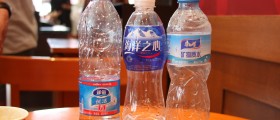

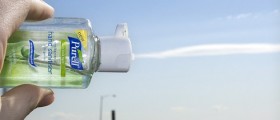
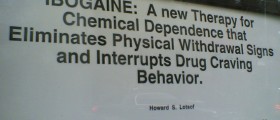
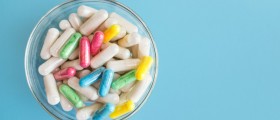

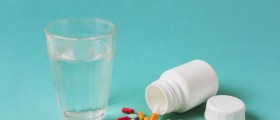

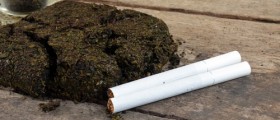
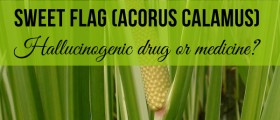



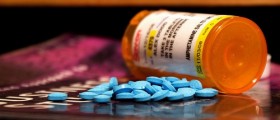
Your thoughts on this
Loading...